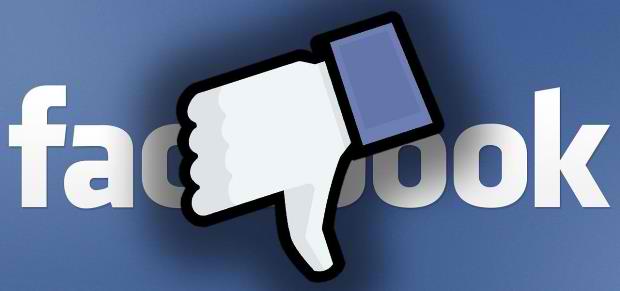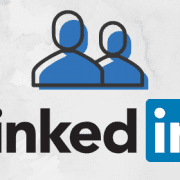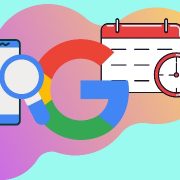Advertisers Boycott Facebook Ads In Push For Content Reform
A growing number of brands are hitting pause on their Facebook ads for the month of July as part of the Stop Hate for Profit boycott.
The advertisers, including some of the biggest brands on earth like Coca-Cola, Pfizer, and Unilever, are part of a movement which argues that Facebook has been allowing hate speech, racism, and violence run rampant while the company has also “turned a blind eye toward voter suppression on the platform.”
Who Is Involved
Currently, more than 500 companies are taking part in the boycott. For the exhaustive list of brands, check out this spreadsheet which is being updated as more brands join in.
Here are many of the most recognizable brands involved in the boycott:
- Acura
- Adidas
- Artlogic
- Ben & Jerry’s
- Best Buy
- Birchbox
- Boston University
- Campbell Soup Co.
- Chobani
- CityAdvisor
- CLIF BAR
- Clorox
- Coca-Cola
- CVS
- Dashlane
- Denny’s
- Dockers
- Dunkin’ Donuts
- Eddie Bauer
- Ford Motor Company
- Fossil
- Habitat for Humanity
- Henkel
- Herschel Supply Co.
- Honda Motor Company
- HP
- J.M. Smucker Co.
- Kay Jewelers
- LEGO
- Levi Strauss
- Lululemon
- Magnolia Pictures
- Mars, Inc.
- Merck
- Merrell
- Microsoft
- Mike’s Hard Lemonade
- Mozilla
- OBEY
- Patagonia
- Patreon
- Pepsi
- Pfizer
- Pop Sockets
- PUMA
- Reebok
- Siemans
- Six Flags
- Starbucks
- Target
- The North Face
- UnileverUSA
- Vans
- Verizon
- Volkswagon
- White Castle
- Wingstop
- Zoe’s Kitchen
Facebook’s Response
In response to the boycott and increasing pubic pressure, Facebook CEO Mark Zuckerberg released a statement promising to make significant changes to how content is handled on the platform, such as:
- Providing voting information and helping register people to vote
- Preventing “new forms of potential voter suppression.”
- Banning “any content that misleads people on when or how they can vote,” including removing “false claims about polling conditions in the 72 hours leading into election day.”
- Preventing voter intimidation on the platform
- Rejecting ads which include “claims that people from a specific race, ethnicity, national origin, religious affiliation, caste, sexual orientation, gender identity, or immigration status are a threat to the physical safety, health, or survival of others.”
- Labeling content from public figures which would typically violate content policies.
- Removing content, regardless of the source, “if we determine that content may lead to violence or deprive people of their right to vote.”
In the statement, Zuckerberg emphasized that the company was attempting to balance “public health and racial justice while maintaining or democratic traditions around free expression and voting.”
So far, the public seems to feel this response is too little and vaguely worded. Since the release of the statement, at least two hundred companies have joined the boycott.










Leave a Reply
Want to join the discussion?Feel free to contribute!